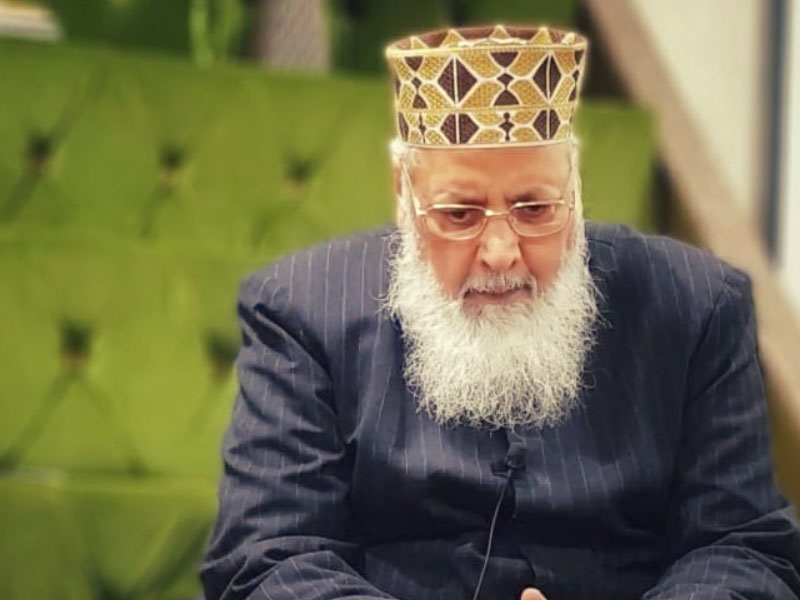P. Mohamed Ali: A Visionary Businessman and Philanthropist
Dr. P. Mohamed Ali, an accomplished and highly respected businessman from Thalikulam, a village in Thrissur district, Kerala, is renowned for his unwavering commitment to education and philanthropy. His multifaceted contributions span infrastructure development in Oman and India, making him a prominent figure among the Indian expatriate community in the Gulf region.
A civil engineer by profession, Dr. Mohamed Ali arrived in Oman in 1972 and established Galfar Engineering, which has grown into Oman’s largest private-sector employer. Today, the Galfar Group operates across Abu Dhabi, Qatar, Kuwait, and India, employing over 65,000 people from diverse nationalities. Its ventures encompass civil and industrial construction, oil and gas, roads and bridges, manufacturing, heavy equipment, electrical and instrumentation, water and wastewater management, education, and hospitality.
Contributions to Education
Dr. Mohamed Ali's initiatives in Oman’s education sector are groundbreaking. He established an Indian School, serving over 3,500 students, and the National University of Science & Technology (NUST), which commenced operations in 2018 by merging three prominent institutions:
Caledonian College of Engineering – A leading engineering institution in the region.
Oman Medical College – Training future medical professionals.
College of Pharmacy – Focused on pharmaceutical education.
Dr. Ali promoted two operator institutes providing on-the-job training for Omani nationals. Collectively, these institutions serve over 10,000 students, exemplifying his dedication to education.
Business Ventures in India
Dr. Mohamed Ali’s business interests in India have flourished in the infrastructure and hospitality sectors. His enterprises include Mfar Constructions in Bengaluru and Mfar Hotels in Kochi, which manage Le Méridien and the International Convention Centre in Kochi, as well as the Westin Hotel in Chennai. His hospitality ventures extend to Azaiba Hotels LLC (Hormuz Grand) in Oman, and two hotels under construction in the Maldives and Sri Lanka.
He is also a founding director of Cochin International Airport Limited (CIAL) and Infrastructure Kerala Limited (INKEL), both of which were promoted by the Government of Kerala.
Philanthropy and Community Development
Dr. Mohamed Ali's dedication to uplifting his native village is exemplified by the Talikulam Vikas Trust, established in 2005 to provide education, employment, housing, and healthcare to his community. This ambitious initiative was successfully realized in 2010.
The P.M. Foundation, founded by him, supports education among backward communities, while the CSM Central School offers CBSE curriculum education. Dr. Ali also chairs the Social Advancement Foundation of India (SAFI), an institution providing educational opportunities to socially and economically disadvantaged groups. This institution was inaugurated by then Vice President of India, Hamid Ansari, in 2011.
Leadership Roles and Recognitions
Dr. Mohamed Ali has held numerous prestigious positions, including:
Member of the Governing Body of the Council for Promotion of Overseas Employment (Government of India).
Founder Chairman of the Oman Society of Contractors (OSC) and the Oman Petroleum Alliance (OPAL).
Vice Chairman of the Omanization Joint Committee.
His exceptional contributions have earned him global recognition and several prestigious awards, including:
Oman Civil Order Award (2002).
Pravasi Bharatiya Samman Award (2004).
Honorary Doctor of Science from Glasgow Caledonian University, UK.
Lifetime Achievement Award from the Times Group (2010).
IATO Hall of Fame Award for contributions to hospitality and the Cochin International Airport.
In 2013, Dr. Mohamed Ali was honored by the President of India at the Pravasi Bharatiya Divas for his exemplary service to the nation.
Legacy of Vision and Dedication
Dr. P. Mohamed Ali continues to inspire with his visionary leadership, unwavering dedication to education, and impactful contributions to infrastructure and community development. His life’s work stands as a testament to the transformative power of compassion, innovation, and perseverance.
